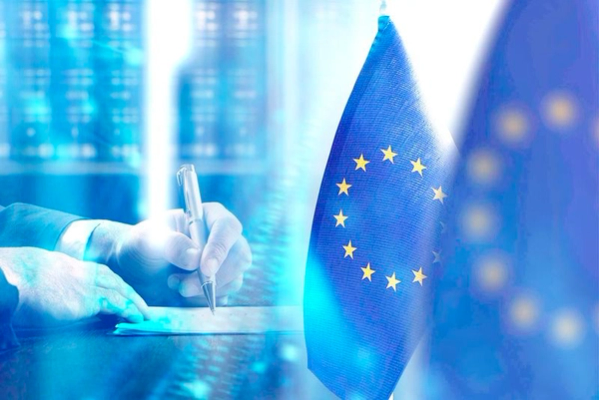November 2023

Lord Chris Holmes introduced The Artificial Intelligence (Regulation) Bill in the UK House of Lords, which mandates the establishment of a dedicated AI Authority responsible for enforcing the regulation. The Bill defines AI and sets up regulatory principles and sandboxes to support innovation. It also proposes the appointment of AI responsible officers and enforces transparency, IP obligations, and labelling. It remains uncertain whether the Bill will be adopted, but AI regulations are gaining momentum worldwide. It is crucial to prioritize the development of AI systems that promote ethical principles such as fairness and harm mitigation. Holistic AI offers expertise in AI governance, risk, and compliance.
October 2023

The European Union's ongoing work on the EU AI Act will affect the entire AI industry and regulate AI systems based on risk classification. High-risk AI systems will be subject to a comprehensive list of requirements, while low-risk AI systems will explore the feasibility of voluntary codes of conduct. The EU AI Act is expected to become the gold standard for the AI industry, and enterprises using AI systems are advised to prepare for compliance early to avoid financial burden and penalties for non-compliance. The exact pathway for compliance will depend on the unique circumstances of each enterprise.

10 Oct 2023
The EU AI Act is expected to pass European legislative procedures by the end of 2023, with a grace period of two to three years before it comes into force. The Act is focused on consumer protection rather than product safety legislation and relies heavily on standards and implementing acts. While there have been agreements made on some provisions of the Act, controversial elements such as definitions remain uncertain. The EU and the US have adopted different approaches to AI regulation, and the world's first comprehensive AI regulation is still being discussed. The uncertainty surrounding the Act has created industry interest in risk assessment, compliance tools, and protective measures.
September 2023

Over 110 AI, data governance, and civil rights academics have signed an appeal calling for all AI systems under the EU AI Act to undergo a Fundamental Rights Impact Assessment (FRIA). The appeal, from the Brussels Privacy Hub, aims to mitigate the risks associated with AI deployment through comprehensive ex-ante safeguards. Passed by the European Parliament on 14 June 2023, the final version of the EU AI Act is expected to be finalised by the end of the year, with penalties of up to €40 million or 7% of global turnover for non-compliance. The appeal also calls for the development of criteria for evaluating the impact of AI on fundamental rights, transparency on FRIA results, and participation and involvement of end-users and independent public authorities in the impact assessment process, among other provisions.

Switzerland is actively monitoring AI regulatory developments in the EU and has its own guidelines for AI adoption in the federal administration. However, the country has yet to propose binding regulations for AI use. The Federal Council has called for increased efforts to converge with global initiatives and close the gap between Switzerland's approach and other international approaches to AI regulation. Switzerland is investing in AI research and development initiatives to position itself as a leader in the field. Holistic AI can help navigate global AI regulations. This article is for informational purposes only and does not provide legal advice.